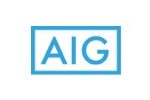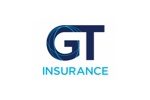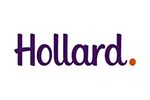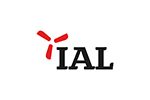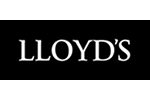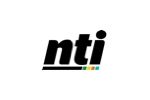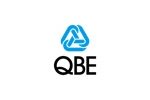
HDL Guide:
Professional Indemnity
Professional Indemnity insurance, also known as Professional Liability insurance or Errors and Omissions cover, protects businesses that provide advice or services for a fee.
It covers claims made against you for alleged negligence or breach of duty arising from an act, error or omission in the performance of your professional advice or service.
What does Professional Indemnity Insurance Cover?
Civil liabilities claims
Arising from breach of duty, unintentional defamation, unintentional infringement of intellectual property, loss of or damage to documents.
Bodily injury and property damage claims
Arising from the professional services covered by the policy.
Legal costs and expenses
Costs of investigating, attending to court, defending and settling claims.
Public Relations expenses
Costs of engaging a public relations consultant to protect your reputation.
Estates and legal representatives
In the event of your death or incapacity, we provide cover for your estate, heirs and legal representatives for claims arising from professional services provided.





